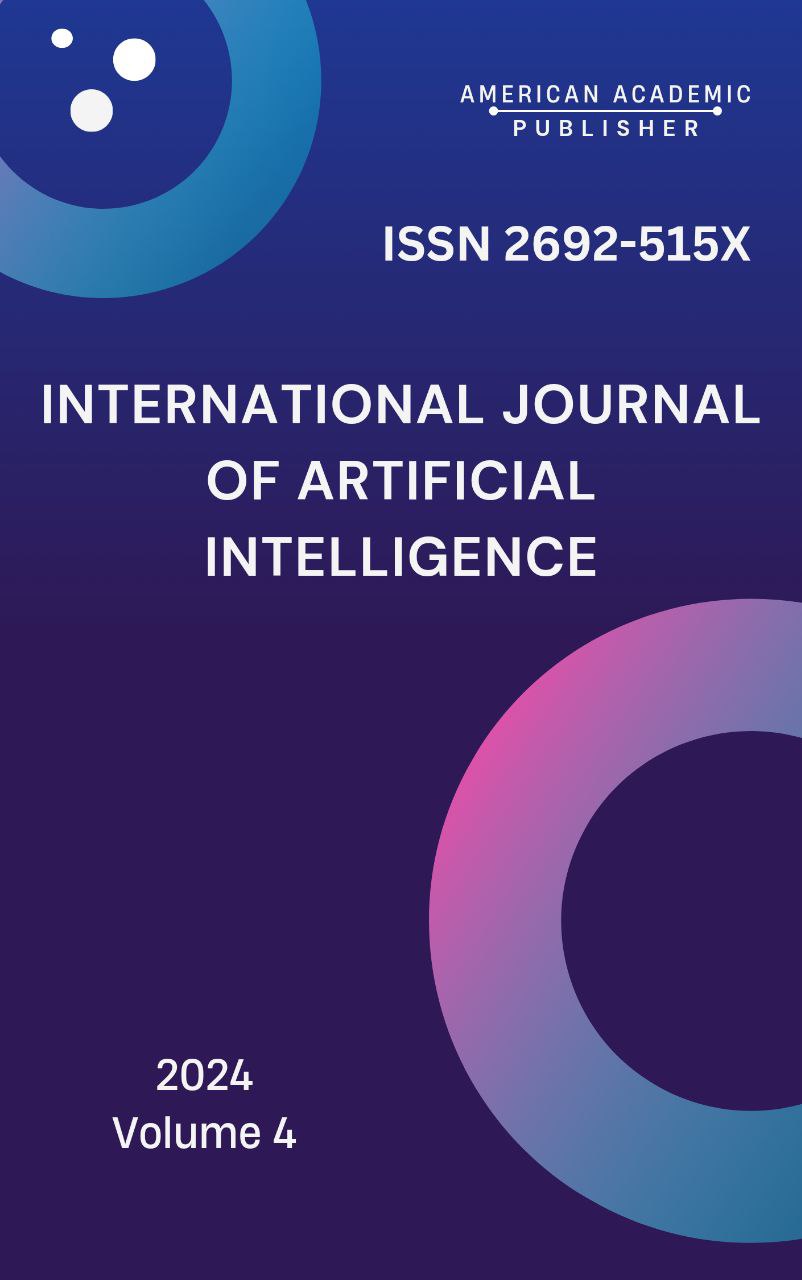 Articles
| Open Access |
Articles
| Open Access | ARTIFICIAL INTELLIGENCE IN ENGLISH LANGUAGE TEACHING
Mirzayeva Nasibakhon Jalolovna , Associate professor of Tashkent State Agrarian UniversityAbstract
Artificial Intelligence (AI) is revolutionizing English Language Teaching (ELT) by providing innovative tools and methods to enhance learning outcomes. AI-powered platforms such as chatbots, adaptive learning systems, and language-learning apps are transforming how learners interact with the language and how educators facilitate this process. These tools personalize learning experiences, increase engagement, and provide immediate feedback, catering to individual needs and abilities. This article explores the integration of AI in ELT, focusing on its applications, benefits, challenges, and future directions.
Keywords
Artificial Intelligence, English Language Teaching, Chatbots, Adaptive Learning, Language-Learning Apps, Personalization, Educational Technology.
References
Luckin, R., Holmes, W., Griffiths, M., & Forcier, L. B. (2016). Intelligence Unleashed: An argument for AI in Education. Pearson.
Nunan, D. (2015). Teaching English to Speakers of Other Languages: An Introduction. Routledge.
Peterson, M. (2020). Computer Games and Language Learning: A Guide for Language Teachers and Researchers. Bloomsbury Publishing.
Selwyn, N. (2016). Education and Technology: Key Issues and Debates. Bloomsbury Academic.
Warschauer, M. (2006). Laptops and Literacy: Learning in the Wireless Classroom. Teachers College Press.
Article Statistics
Downloads
Copyright License

This work is licensed under a Creative Commons Attribution 4.0 International License.

